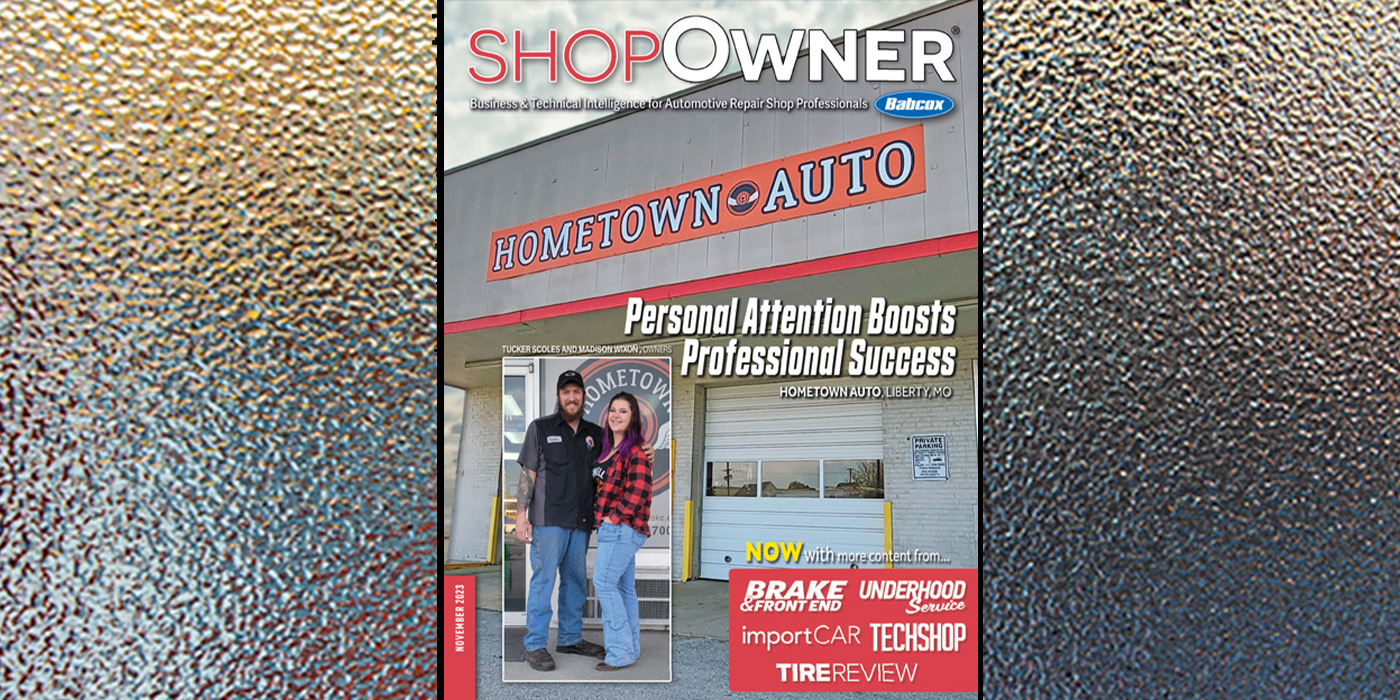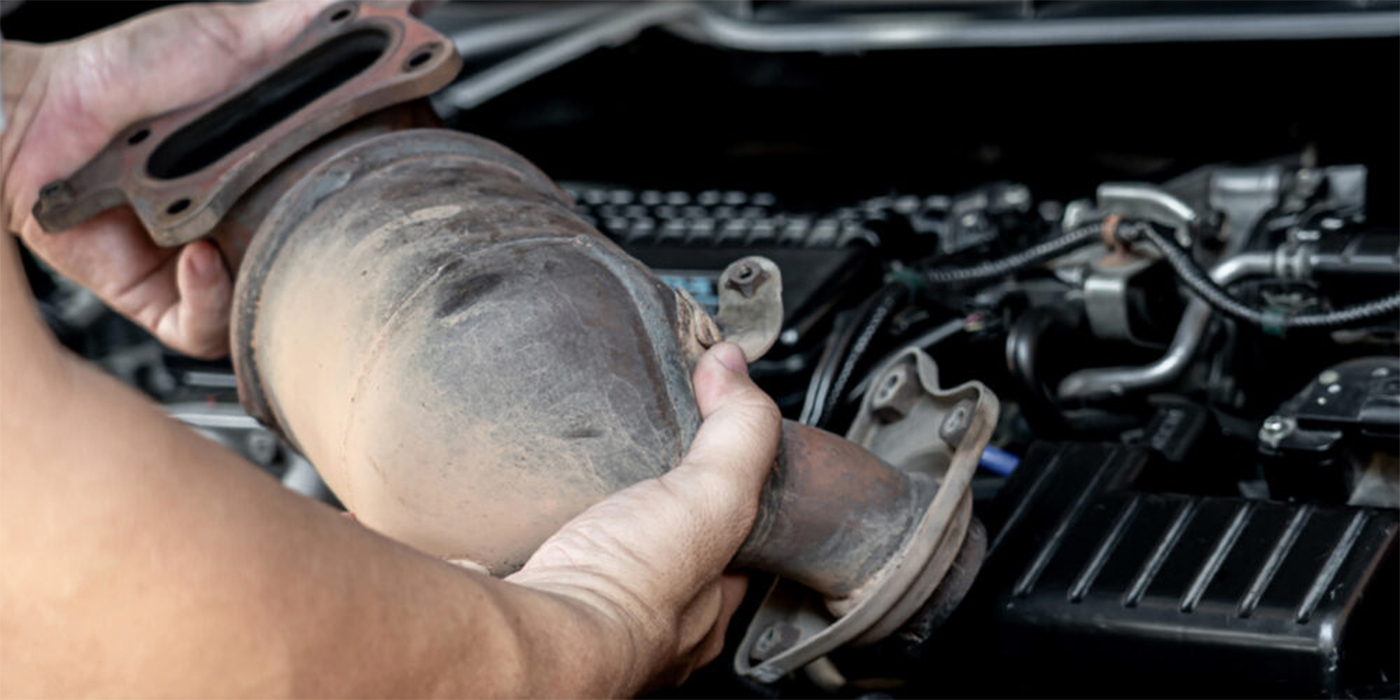by Jillian Gold
Attorney at Law
 Non-compete agreements are a great way for business owners to protect an employer’s reasonable competitive business interests. These agreements can also be utilized to limit post-employment competition provided that the agreement is reasonable in terms of geographic limitations, duration and type of activity restrained.
Non-compete agreements are a great way for business owners to protect an employer’s reasonable competitive business interests. These agreements can also be utilized to limit post-employment competition provided that the agreement is reasonable in terms of geographic limitations, duration and type of activity restrained.
Non-compete agreements may also be used to protect trade secrets and confidential business information including pricing, cost factors and customer lists. It is important to remember that non-compete agreements are usually prohibited from restraining the general knowledge or skill of an employee.
For non-compete agreements between an employer and a technician or service writer, a one-year restriction is generally appropriate. When non-compete agreements are used between or among business partners, restrictions should be limited to the time necessary for strategies or other competitive information to become public or to be considered non-sensitive. Therefore, the time restriction truly is dependent on the knowledge that the individual has or obtains during the course of his/her employment. However, in the case of a sale of a business, a two- to five-year restriction is appropriate.
The geographic restrictions contained in a non-compete agreement will often depend on the nature and scope of the employers’ business, as well as the duties and responsibilities of a technician, service writer or other employee. For example, the geographic restrictions for a one-location business should be much narrower than that of a business with shops that are located statewide. Similarly, a business with nationwide locations can impose much broader geographic restrictions than a company that is located only in one state because a nationwide company likely may have legitimate business interests throughout the country.

Employers can protect reasonable competitive business interests with limitation restrictions including (1) employment with companies that design, manufacture or sell certain products; (2) solicitation of specific customers or any customers within a market area; (3) prohibiting employment in a certain geographical territory. These restrictions must be limited to certain segments of the former employers’ business and cannot be overly broad.
Additionally, if your business has sites in more than one state, you may want to consider what is called a “choice of law” or “choice of venue” provision within the non-compete agreement. Because the law regarding non-compete agreements varies from state to state, it may be advantageous to include a clause indicating which state’s laws will apply.
An employer who operates out of more than one state should be conscious of the fact that although there may be a choice-of-law provision, it may not be enforceable if the chosen law violates public policy or other statutes of the state where the employee is located if a lawsuit is filed to enforce the non-compete agreement. Also, it may be desirable to designate a county in which a lawsuit regarding the agreement must be filed.
When considering a non-compete agreement, an employer may want to include whether injunctive relief is an appropriate remedy. This can be accomplished by including an acknowledgment by the employee that a breach will result in the employer suffering irreparable harm for which there is not an adequate legal remedy and, therefore the employer is entitled to seek injunctive or equitable relief. There are certain circumstances in which it is appropriate to include a liquidated damages provision. This can include forfeiture of stock options or other incentive-based compensation.
It is always in an employer’s best interest to do the most that he/she can to protect the interests of the business. Using a non-compete agreement is just one of the many ways to safeguard the elements of your business that make it so successful. As always, consulting with an attorney who specializes in writing non-compete agreements is your best bet in creating such an agreement that benefits the company — and one that will be upheld should it be challenged.
Disclaimer: As with all legal-related documents regarding your business, it is extremely important to consult a licensed attorney in your state. This article is not intended to replace the assistance of an attorney, nor does it constitute legal advice.
Jillian Gold is a solo practitioner licensed to practice law in Michigan. She specializes in general practice. Jillian earned her Juris Doctor at Thomas M. Cooley Law School and also holds a Bachelor of Arts in Criminal Justice from Michigan State University. Jillian can be reached at [email protected].














